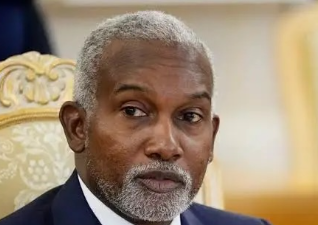The International Monetary Fund (IMF) has issued a call to the federal government, urging it to cease any form of budget funding through the Central Bank of Nigeria (CBN).
This appeal was made by Era Dabla-Norris, an assistant director in the IMF’s Fiscal Affairs department, on the sidelines of the Fiscal Monitor Press briefing during the ongoing IMF/World Bank annual meeting in Marrakech, Morocco.
Data sourced from the CBN’s website reveals a significant increase in the “Ways and Means” debt, which rose from N17.5 trillion in December 2021 to N23.8 trillion by October 2022. This represents a substantial increase of N6.3 trillion in just ten months.
In response to this accumulation, the Senate approved N23.7 trillion to be securitized, a move that raised Nigeria’s total debt from N46 trillion to N70 trillion. As a result, Nigeria’s debt-to-GDP ratio has surged from 23.2% to 35.1%, raising concerns that the country may soon need to address its 40% debt limit.
It’s worth noting that Nigeria’s “Ways and Means” practice, colloquially referred to as “money printing,” expanded from N790 billion in May 2015 to N23.7 trillion in 2022.
This indicates that the CBN has been lending to the federal government in violation of its regulations, which stipulate that the government should not borrow more than 5% of its previous year’s revenues from the CBN.







